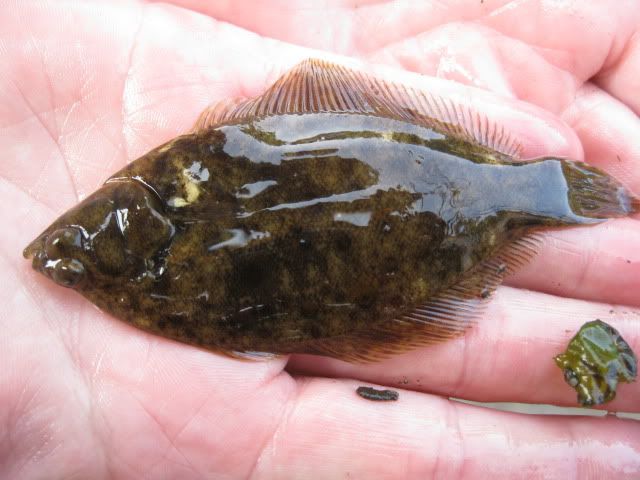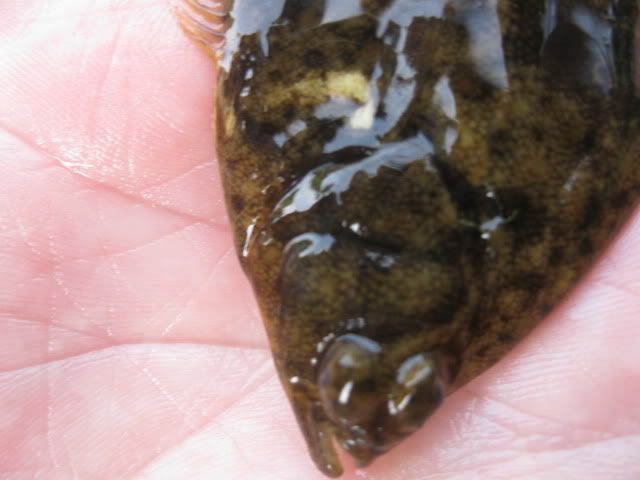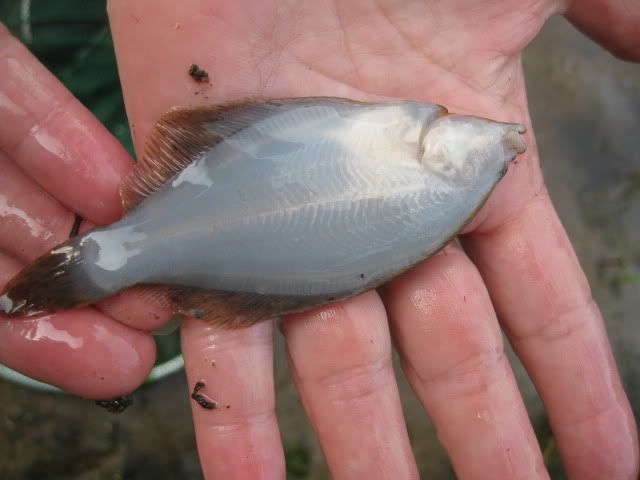


Posted 09 May 2010 - 09:02 AM



Posted 09 May 2010 - 09:04 AM
Posted 09 May 2010 - 09:54 AM
Posted 09 May 2010 - 12:35 PM
Posted 09 May 2010 - 07:48 PM
Posted 10 May 2010 - 12:24 PM
Posted 10 May 2010 - 01:14 PM
Never trust a flounder; they have a dark side.
Posted 10 May 2010 - 08:06 PM
dots a gud vun.Never trust a flounder; they have a dark side.
Posted 11 May 2010 - 03:05 AM
dots a gud vun.
Posted 11 May 2010 - 09:57 AM
Posted 11 May 2010 - 02:00 PM
Posted 12 April 2012 - 08:51 PM
0 members, 1 guests, 0 anonymous users